Athletes grasp the utmost importance of recovery in maximizing performance and maintaining long-term health. After exercising, recovery becomes crucial for restoring energy reserves and aiding muscle repair. To boost this process, athletes frequently utilize a range of recovery techniques and supplements. This article will delve into the fundamental aspects of recovery supplements, exploring their influence on post-workout recovery and athletic performance.
The Crucial Importance of Recovery Supplements

Recovery helpers are crucial for athletes, renewing energy levels and aiding muscle recovery by refilling important nutrients used up during intense physical activity. Including these helpers is not a luxury but a strategic necessity for maintaining top performance in an athlete's routine.
Explaining the Significance of Post-Workout Recovery
After exercise, recovery, boosted by good nutrition and recovery helpers, is crucial for athletes. It affects ongoing intense training by assisting the body in repairing and adapting to exercise-related stress. Ignoring this stage might lead to tiredness, compromised performance, and increased vulnerability to injuries.
Highlighting the Impact on Athletic Performance
Sufficient recovery after exercising is crucial for the best athletic performance, supporting increased strength, and better endurance, and reducing the risks of overtraining. Ignoring this crucial part may result in smaller gains and performance plateaus, making burnout more likely. Using effective strategies for recovery after working out is essential for long-lasting athletic success.
Optimal Strategies for Effective Recovery
A successful recovery plan includes both before and after workout methods, emphasizing readiness, warm-up, and nutrition. Complete recovery goes beyond exercise, considering sleep, stress management, and hydration for overall well-being.
Overview of pre-workout and post-workout recovery techniques
- Hydration Hygiene
The Recovery supplements can be enhanced with proper hydration, ensuring optimal absorption and utilization.
- Dynamic Stretching
Integrating dynamic stretches into pre-workout recovery routines helps prime muscles for upcoming activity.
- Nutrient-Rich Snacking
Small, nutrient-dense snacks contribute to effective post-workout recovery, replenishing energy stores and aiding muscle repair.
- Active Rest Days
Incorporating light activities on rest days contributes to overall recovery, promoting blood flow and reducing muscle stiffness.
- Mindful Breathing
Embracing mindful breathing exercises during cool-down periods supports post-workout recovery by reducing stress and promoting relaxation.
Importance of a Holistic Approach to Recovery
Adopting a complete approach to recovery, involving helpers for recovery and various recovery methods is crucial for athletes aiming for lasting success. By considering not just physical aspects but also mental and emotional well-being, this comprehensive plan encourages a balanced state of overall health. The interconnected harmony of lifestyle elements, covering recovery after exercise and preparation before exercise, reduces injury risks and helps maintain top athletic performance.
Top 10 Recovery Supplements
Branched-Chain Amino Acids (BCAAs)
These essential amino acids are crucial for muscle protein synthesis, aiding in muscle recovery and reducing post-exercise soreness.
Protein Supplements
Including both whey protein and plant protein, these protein supplements support muscle repair and growth, particularly when dietary protein intake may be insufficient.
Whey Protein
Whey protein, a pivotal component of recovery supplements, accelerates muscle recovery by providing essential amino acids crucial for post-workout repair and growth.

Plant Protein
Plant protein, an integral choice in recovery supplements, offers a sustainable alternative, supporting muscle recovery with its rich amino acid profile derived from plant sources.
Omega-3 Fatty Acids
Known for their anti-inflammatory properties, omega-3 fatty acids contribute to overall joint and muscle health, supporting recovery.
Creatine
Aiding in the replenishment of ATP, creatine enhances energy availability during high-intensity workouts, contributing to improved recovery.
Glutamine
This amino acid plays a role in immune function and muscle repair, glutamine is valuable for overall recovery.

Tart Cherry Extract
With anti-inflammatory properties, tart cherry extract may reduce muscle soreness and accelerate recovery.
Electrolyte Supplements
Replenishing electrolytes lost through sweat, these supplements support hydration and prevent cramping during and after exercise.
Collagen
Supporting connective tissues, collagen supplementation can contribute to joint health and injury prevention.
Magnesium
Essential for muscle function and energy production, magnesium aids in muscle relaxation and recovery.
Vitamins and Minerals
A well-rounded intake of essential vitamins and minerals is crucial for overall health and recovery.

How to Incorporate Supplements into Recovery
Timing and Dosage Recommendations
- Align recovery supplements intake with post-exercise windows for enhanced absorption.
- Tailor dosage based on exercise intensity, ensuring optimal supplement effectiveness.
- Consider professional guidance to personalize recovery supplements' timing and dosage.
- Regularly reassess and adjust supplement timing to accommodate changes in workout routines.
Integration with Meals and Hydration
Strategically pairing recovery supplements with balanced meals and adequate hydration amplifies their benefits, fostering comprehensive post-exercise nourishment and optimizing athletic recovery.
Common Myths and Misconceptions
- Over-reliance on recovery supplements neglects the necessity of a well-rounded diet for optimal performance.
- The misconception that recovery supplements can entirely substitute a diverse diet undermines the importance of varied nutrients.
- Believing in the immediate efficacy of recovery supplements disregards the gradual nature of athletic enhancement.
- Assuming a universal solution, recovery supplements overlook the need for personalized nutrition plans in athlete regimens.
- The notion that more is better with recovery supplements ignores the importance of moderation for optimal health and performance.
Clarifying the Role of Supplements in Overall Recovery
Supplements are valuable tools, but their role should be viewed within the broader context of an athlete's lifestyle. While they enhance recovery, they cannot compensate for inadequate sleep, excessive stress, or poor hydration. Clarifying the role of supplements underscores the importance of a holistic approach, where these products serve as supportive elements in an athlete's comprehensive recovery strategy.
Expert Recovery Guidelines
Insights from Nutritionists and Fitness Experts
- Emphasize nutrient-dense whole foods alongside recovery supplements.
- Tailor protein intake to individual needs for optimal muscle recovery.
- Consider personalized hydration strategies to support recovery.
- Prioritize sleep and stress management for holistic athletic well-being.
Guidelines for Individualized Recovery Plans
- Customize recovery supplement choices based on specific training demands.
- Adjust nutrient timing to align with individual workout schedules.
- Periodically reassess and modify recovery plans to accommodate evolving fitness goals.
- Collaborate with professionals for personalized guidance on effective recovery strategies.
- Integrate diverse recovery techniques, addressing both physical and mental aspects.
Prioritizing recovery supplements is integral for athlete success, emphasizing a holistic approach to optimize performance and foster long-term well-being. Tailoring strategies to individual needs ensures sustainable success in the dynamic realm of sports and fitness.
FAQs
Q1) What are the best supplements for an athlete's recovery?
Branched-chain amino acids (BCAAs), creatine, and omega-3 fatty acids are among the best recovery supplements for athletes, aiding in muscle repair and reducing inflammation.
Q2) What are 3 types of proteins for muscle recovery?
Whey protein, casein protein, and plant-based protein supplements are effective choices for muscle recovery supplements, providing essential amino acids crucial for repair and growth.
Q3) Do athletes take muscle recovery?
Athletes commonly take protein powders, BCAAs, and glutamine as muscle recovery supplements to support recovery and optimize performance during training and competition.
Q4) How can athletes speed up recovery?
Adequate sleep, hydration, and nutrition are essential factors to speed up recovery for athletes. Additionally, incorporating stretching, foam rolling, and contrast baths into the post-exercise routine can further enhance recovery supplements for athletes.

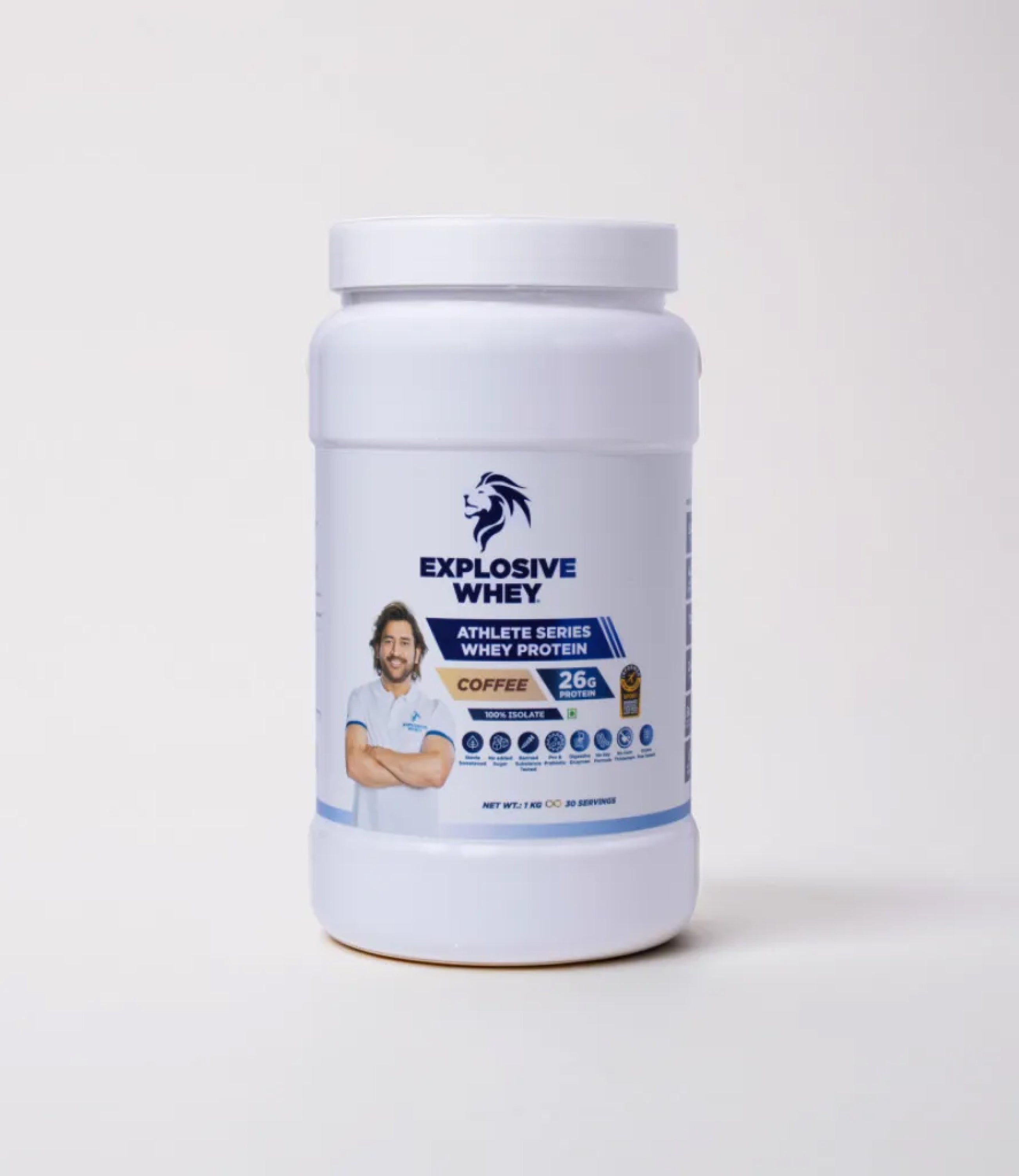



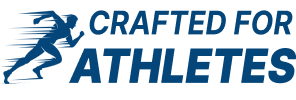
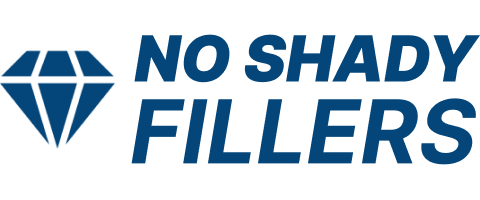

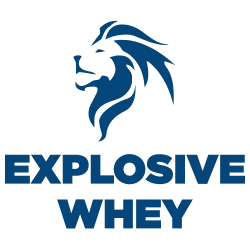
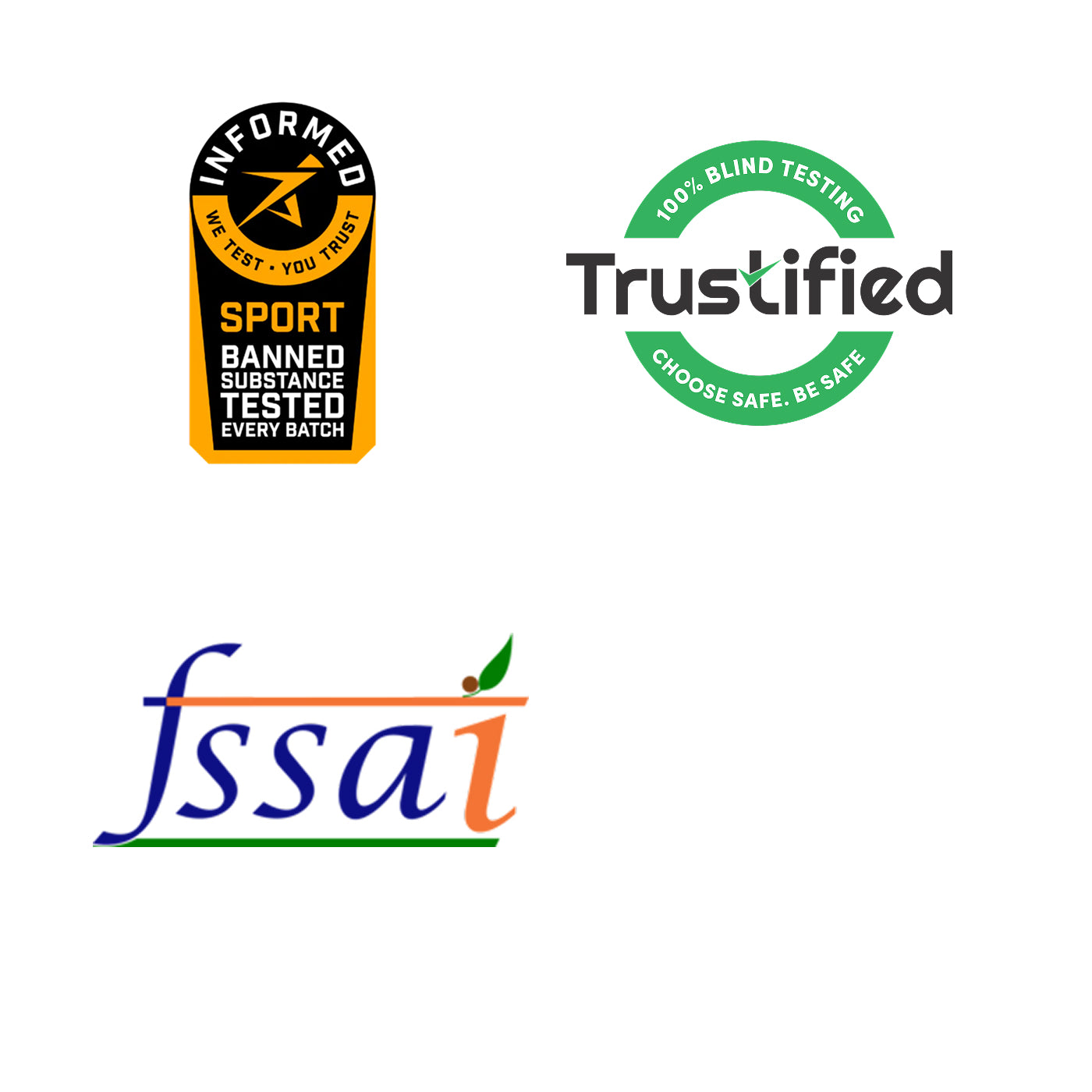
Leave a comment
This site is protected by hCaptcha and the hCaptcha Privacy Policy and Terms of Service apply.